Fantasia 2019, Day 18, Part 1: Gintama 2: Rules Are Made to Be Broken
 My first movie on July 28 was one of my most-anticipated of the festival. In 2017 I watched Gintama, a live-action manga adaptation I thought was one of the funniest things I’d ever laid eyes on, and which also told a good solid science-fictional action-adventure story. Naturally when I saw Gintama 2 was playing at Fantasia I was eager to see it. It is unfortunate that sometimes great expectations result in great disappointment.
My first movie on July 28 was one of my most-anticipated of the festival. In 2017 I watched Gintama, a live-action manga adaptation I thought was one of the funniest things I’d ever laid eyes on, and which also told a good solid science-fictional action-adventure story. Naturally when I saw Gintama 2 was playing at Fantasia I was eager to see it. It is unfortunate that sometimes great expectations result in great disappointment.
The story of Gintama 2, which is titled in full Gintama 2: Rules are Made to be Broken (Gintama 2: Okite wa Yaburu Tame ni Koso Aru, 銀魂2 掟は破るためにこそある) follows the first directly enough. In an alternate reality where extraterrestrials conquered Japan in the nineteenth century, a new society’s sprung up that’s a weird mix of period technology, super-science, Japanese cultural traditions, and aliens. Samurai were discharged from their traditional role, launched a rebellion, and were defeated. One former samurai, Gintoki Sakata (Shun Oguri, Terra Formars), has formed an odd-jobs company with young Shinpachi Shimura (Masaki Suda, Wilderness, Assassination Classroom, Princess Jellyfish) and superstrong teen alien girl Kagura (Kanna Hashimoto, Kingdom, Assassination Classroom). This time out, they become involved with a plot against the shogun, and a scheme that divides their country’s police force, the Shinsengumi.
The main actors from the first movie reprise their roles. Director Yuichi Fukuda returns as well. But the feel of this movie is very different. There’s less comedy, and less focus on the main characters. I have no idea how much this reflects the source material. But I found I was disappointed.
To be clear, this is recognisably a sequel to Gintama. It has a similar look, with outrageously-costumed leads wandering a Japan blending past and future. And there is still a lot of humour, in a similar vein to the original. There are more gross-out gags than in the first film, but not so much as to represent a really different approach. Early on, in particular, we see some of the same kind of metafictional jokes that marked the previous movie.
Unfortunately, that doesn’t last. Instead Gintama 2 turns out to be more interested in the internal strife within the Shinsengumi, to the point that the ostensible leads are largely sidelined. While the film does find some humour in the Shinsengumi storyline, for the most part it’s much more restrained. We get a scheming manipulative villain we’re apparently meant to take seriously, and the riotous pace of the first movie never kicks in.
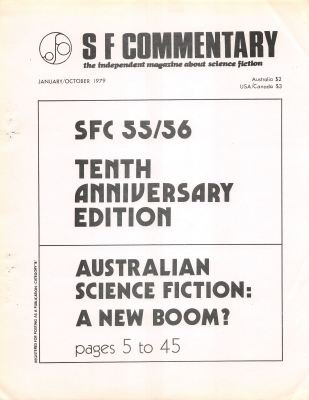
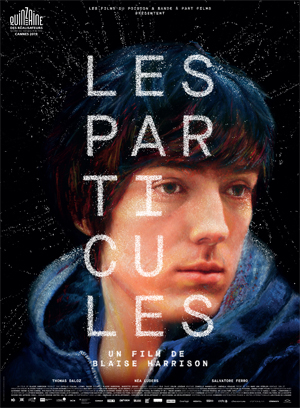 For my last movie of July 27 I crossed the street to the De Sève Cinema to take in the French-Swiss co-production Les Particules (The Particles). It’s the first fiction feature by director Blaise Harrison, who co-wrote the script with Mariette Désert. After a day of particularly frenetic movies, this was good way to end the evening; a subtler, atmospheric, intelligent, and character-based film that thoroughly succeeded at what it was trying to do.
For my last movie of July 27 I crossed the street to the De Sève Cinema to take in the French-Swiss co-production Les Particules (The Particles). It’s the first fiction feature by director Blaise Harrison, who co-wrote the script with Mariette Désert. After a day of particularly frenetic movies, this was good way to end the evening; a subtler, atmospheric, intelligent, and character-based film that thoroughly succeeded at what it was trying to do.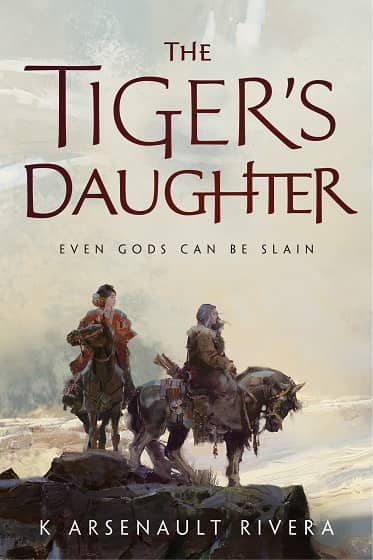
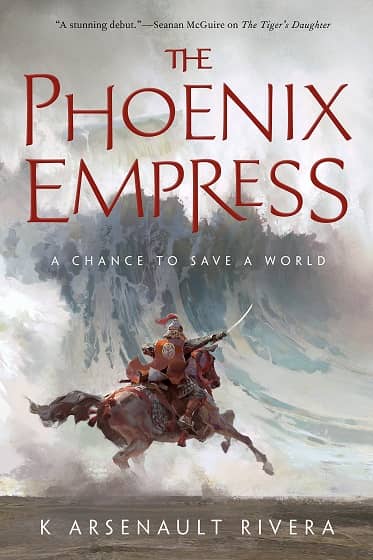
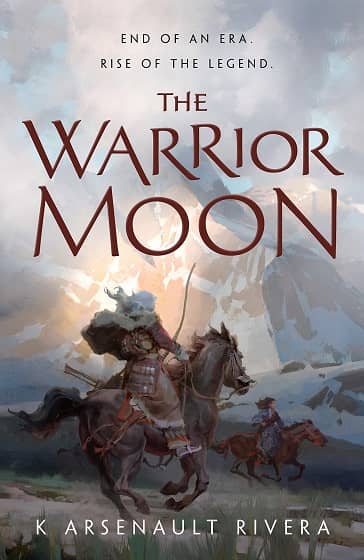


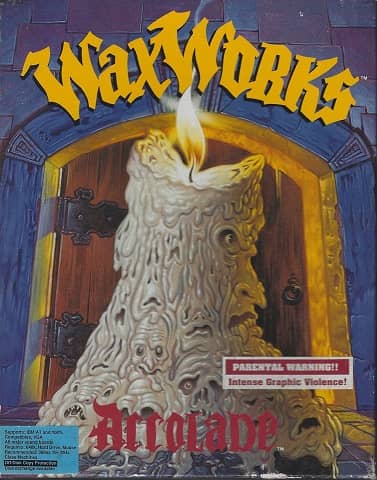

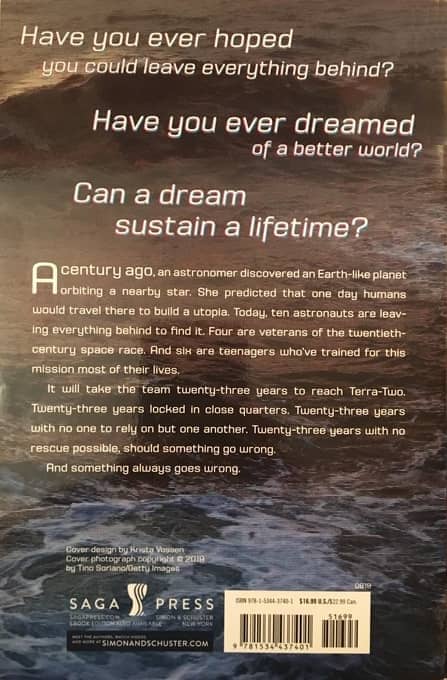
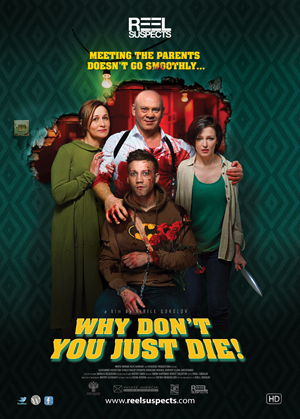 My fourth film of July 27 was once again in the Hall Theatre. It was a Russian film about which I had heard very good things, with one web site calling it among the best action movies of the year so far. You may have heard of Chekhov’s gun; well, Why Don’t You Just Die! (Papa, Sdokhni) gives us Chekhov’s gun, along with Chekhov’s other gun, Chekhov’s claw hammer, Chekhov’s power drill, Chekhov’s CRT TV, and any number of Chekhov’s other odds and ends.
My fourth film of July 27 was once again in the Hall Theatre. It was a Russian film about which I had heard very good things, with one web site calling it among the best action movies of the year so far. You may have heard of Chekhov’s gun; well, Why Don’t You Just Die! (Papa, Sdokhni) gives us Chekhov’s gun, along with Chekhov’s other gun, Chekhov’s claw hammer, Chekhov’s power drill, Chekhov’s CRT TV, and any number of Chekhov’s other odds and ends. 
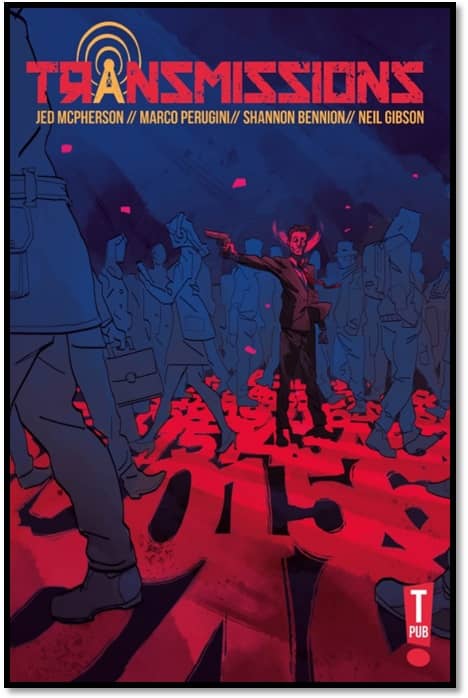
 My third movie of July 27 was a live-action manga adaptation by the dauntless and prolific
My third movie of July 27 was a live-action manga adaptation by the dauntless and prolific